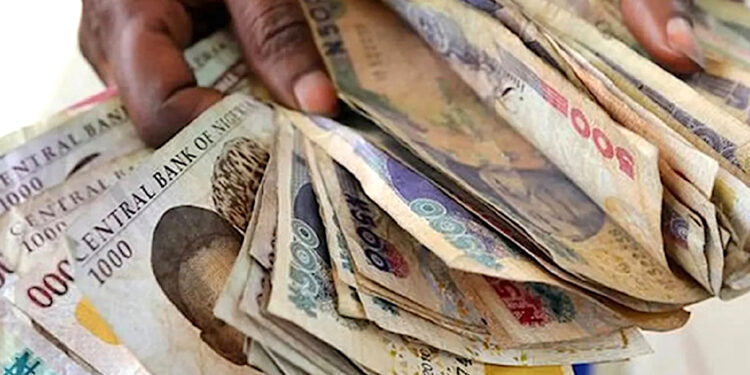On October 4, 2024, the naira appreciated against the U.S. dollar, closing at N1,631.21 in the official Investor and Exporter (I&E) window. This increase coincides with global crude oil prices nearing $80 per barrel.
The 1.69% rise in the naira’s value, compared to the previous day’s exchange rate of N1,659.26, came despite a sharp drop in market turnover.
Key Data Points
- Closing Exchange Rate: The naira ended the day at N1,631.21 per dollar, up from N1,659.26 the previous day.
- Intra-Day Highs and Lows: The naira fluctuated during the trading session, reaching a high of N1,679.00 and a low of N1,580.00 before closing at N1,631.21.
- Market Turnover: Total turnover in the I&E window fell to $238.36 million, a 47% drop from the previous day’s $450.39 million. In September, total turnover reached $3.3 billion.
- Parallel Market Rates: The naira opened at N1,669.49 per dollar in the parallel market, reaching highs of N1,673.34 and lows of N1,618.00 before closing at N1,618.75.
Market Trends
Throughout September, the naira faced sluggish trading and volatility, struggling to stabilize. After trading at N1,300 per dollar in March, it has experienced increasing pressure, especially in August when it hovered around N1,500. By September, further depreciation followed, with the naira losing about 75% of its value year-to-date. Rising inflation and demand for foreign exchange have been key contributors to this decline.
Nigeria’s external reserves, however, increased to $39.07 billion as of September 19, 2024, offering hope for future currency stabilization.
Crude Oil’s Role in Recovery
Crude oil, a significant part of Nigeria’s economy, showed signs of recovery in October after rebounding from September lows. Brent and Nigerian oil blends stabilized around $77 per barrel as tensions in the Middle East, particularly between Iran and Israel, raised concerns over potential supply disruptions. These fears have added upward pressure on global oil prices, benefiting oil-dependent economies like Nigeria.
What to Expect
If oil prices continue their upward trend, Nigeria could see increased revenue from crude sales, potentially easing economic pressures and supporting the naira’s value. Higher oil earnings could also bolster foreign exchange reserves, improving market sentiment. Favourable macroeconomic policies and a weakening U.S. dollar could further support naira appreciation shortly.











